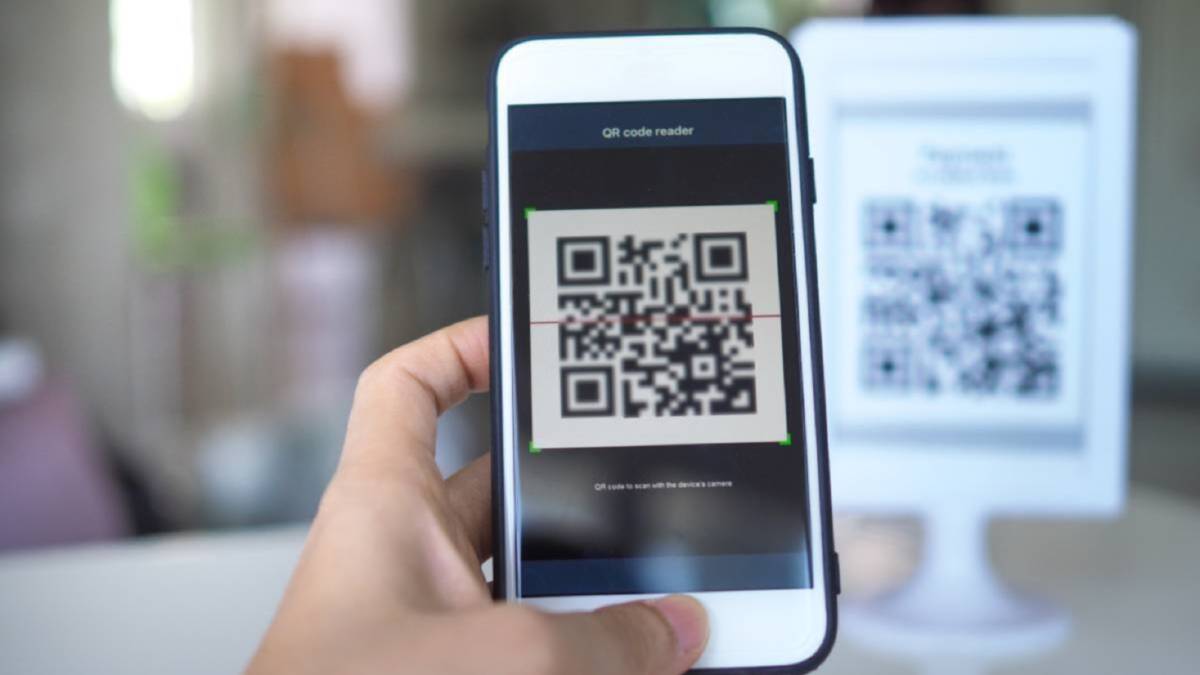
Here we are again.
Subscribe now for unlimited access.
$0/
(min cost $0)
or signup to continue reading
Our closest supplier of goods and tourists is again facing a tenuous situation.
We obviously feel deeply for our friends in Victoria, especially for our counterparts in the hospitality industry who again have had to revert to takeaway services or shut down completely.
Just when the road to recovery seemed like a straight highway, the unpredictable and relentless nature of this pandemic puts a huge speed hump on that road, or worse brings it to a dead end.
For Tasmanian hospitality businesses, closing the border at short notice is devastating for the entire industry.
It means thousands of dollars in refunds and credits, events cancelled, food gone to waste, staff shifts cut and a heightened sense of uncertainty for everyone.
But the frustrations extend even further for operators.
The borders are closed so the virus can't reach our shores but our venues still can't trade to their full capacity even with local, low-risk patrons.
Tasmanian venues are still locked up by restrictions, even with Victoria in lockdown.
We've seen what a good contact tracing system can do. Within 48 hours of the Victorian outbreak, contact tracers had identified 10,000 close contacts.
The Tasmanian Government rolled out their own mandatory app to all places of public gathering, a process the THA supported.
The Premier said last week that 6000 Tasmanian businesses were still yet to register for the Check In TAS app.
We'd implore every business and event to comply with the requirements to accelerate the recovery not just for hospitality but for the whole of the economy.
We believe the vast majority of hospitality venues are among the 17,000 using the Check In TAS app and many venues have been mandatorily contact tracing since last November with no reward for effort.
Dark Mofo is on our doorstep but our venues simply can't take full advantage of the increased hype and local people actually wanting to get out and enjoy our hospitality sector in the depths of winter.
It's an easy requirement to adhere to - Register for a QR code, encourage customers to use it and play your part in keeping the community safe.
This is one box our industry needs to tick in order for Public Health to have the confidence to open up our industry.
Just as we did in the height of the pandemic, it's about coming together, doing the right thing, and looking after each other to get through this time and out the other side.
We would support the government stepping up workplace checks to make sure businesses have the Check In TAS system and are using it.
Our counterparts in Victoria (AHA - Vic) have launched the 'NO TICK NO ENTRY' Hospitality Registry, a campaign in which venues commit to only serving customers who register their details for contact tracing purposes.
If that's what it takes to get our restrictions eased, we would look at a similar system in Tasmania. But at this stage, Public Health isn't giving us benchmarks to reach or a roadmap out.
We understand outbreaks make Public Health a little nervous, but being constrained to 50 per cent trade is making the industry more and more nervous that businesses won't survive.
Dark Mofo is on our doorstep but our venues simply can't take full advantage of the increased hype and local people actually wanting to get out and enjoy our hospitality sector in the depths of winter.
This year will be different as organisers face a hugely difficult task to put on events within the guidelines and restrictions.
The role of hospitality is even more important during this event and it's a chance for businesses to recover a little quicker.
Cancellations from Victorian event-goers are devastating for the event and devastating for the hospitality, but neither can offset that loss by maximising local trade while we're still so heavily restricted.
Hospitality is Tasmania's third largest employing industry but more and more businesses will be forced to close the longer restrictions stay in place which means more and more Tasmanians out of work.
We have the highest unemployment and youth unemployment but the density and trade restrictions also further restrict employment in our industry too.
Hospitality people are proud people; they'll do everything they can to keep the doors open. It's their livelihoods.
But the threat of closure is getting greater than the threat of the virus for many in the industry.
- Steve Old, THA chief executive.

